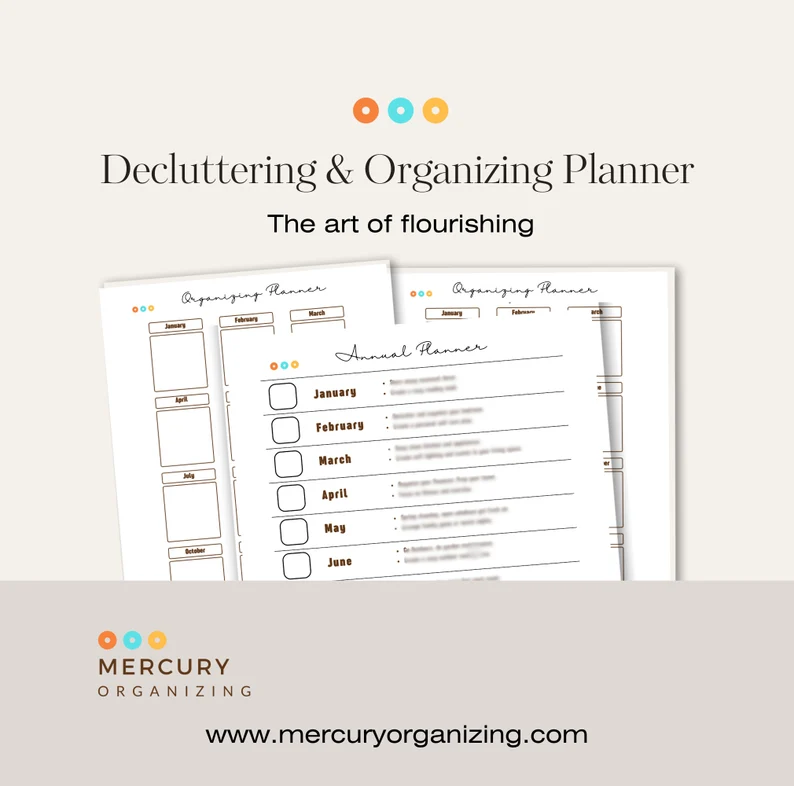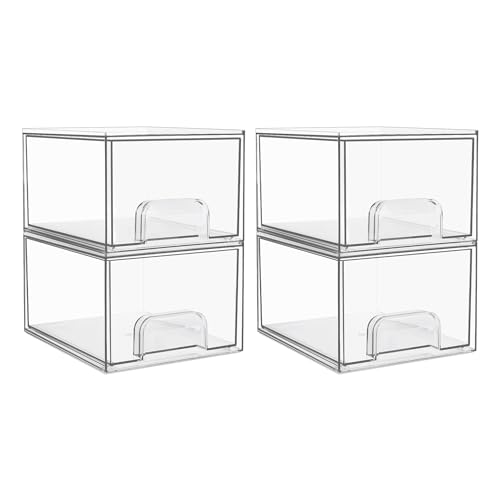The beauty of a tidy home and the 5 brilliant benefits professional organizers promise it will bring
Better for you, the planet and your pocket
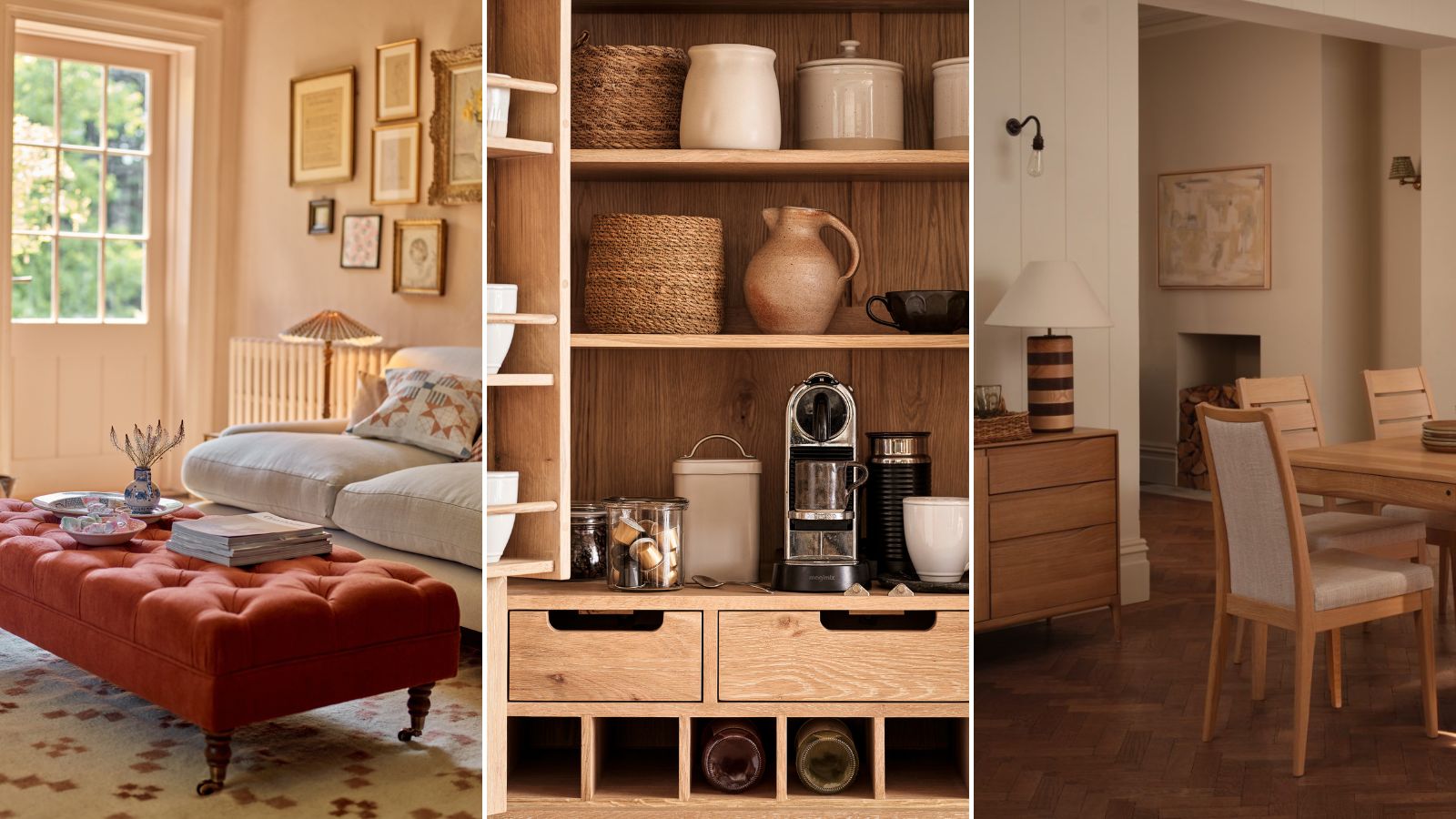

A tidy home offers more than just a clean space – it is a place to retreat, relax, and recharge.
The act of organizing your home can seem challenging, but done right and maintained properly, a tidy space can provide many benefits, from reducing stress, to promoting a healthier lifestyle and boosting your mood.
But how do simple tidying tips help, exactly? And is it really worth all the effort? We spoke to professional home organizers at the top of their field to find out more about the benefits – and beauty – of a tidy home.
5 brilliant benefits and the beauty of a tidy home
There is very little a bit of home organizing can’t fix.
Audra George, professional home organizer and owner of Pretty Neat Oklahoma explains, ‘Once things are organized and in their place, maintenance over time is easier. You can spend short bursts of time resetting the space as needed but the main goal is for everyone in the family to know where things go so they can return items to their place when they are done using them.
'This will help with long-term maintenance as less time is needed to keep your home organized, meaning more free time with your family. The benefits of a tidy home are many. It truly is about more than just a good-looking home.’
1. Better for the planet
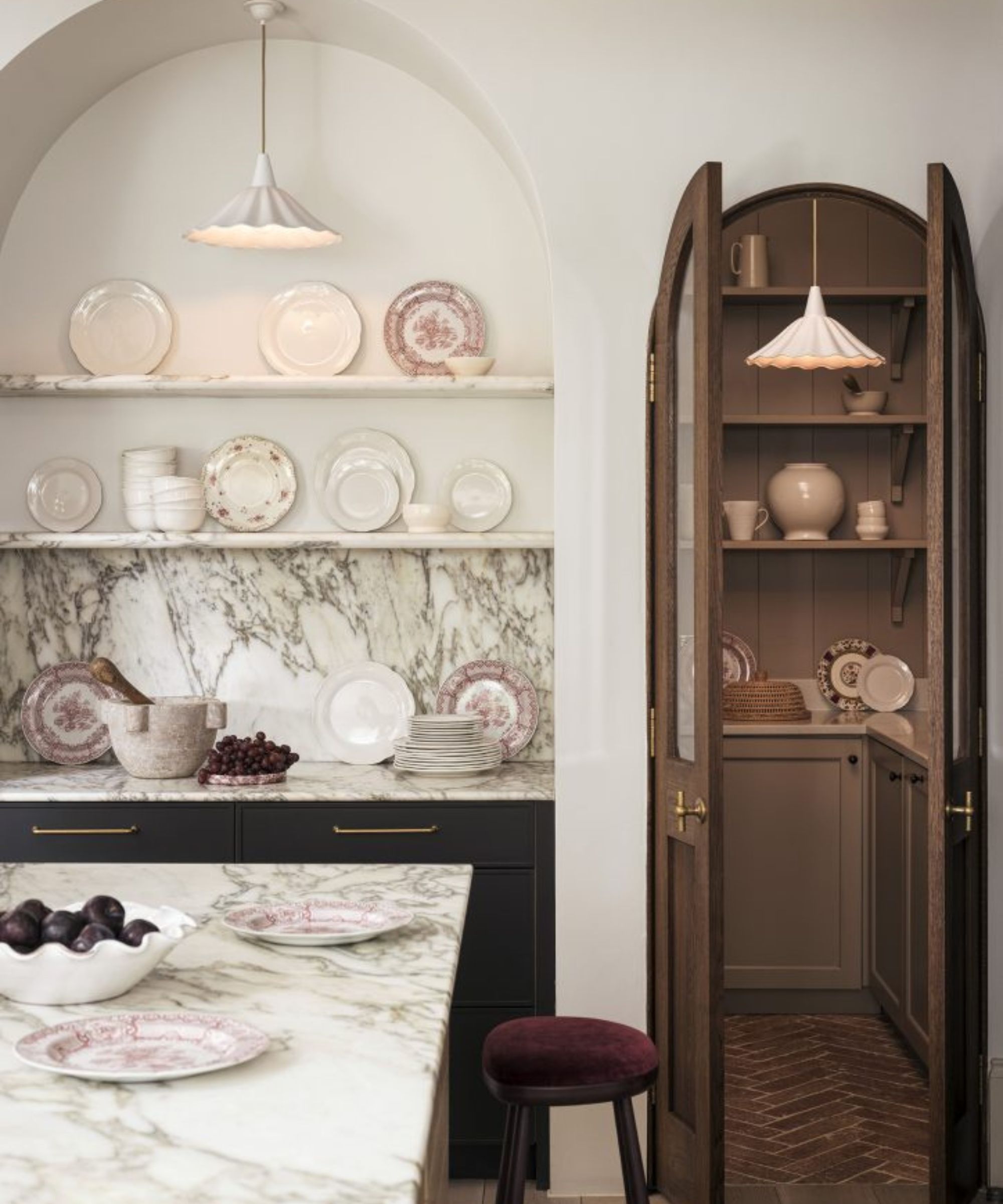
Whose conscience isn't soothed by being more sustainable at home? Audra says, ‘With a tidy home there is less waste. When you know what you have and where it is in your home, you tend to buy less, avoiding duplicates, which also helps you spend less. A tidy home is good for your wallet and the environment.’
This is incredibly timely with the rise of the under-consumption trend adds Brenda Scott, professional home organizer and owner of Tidy My Space. She explains, ‘Our landfills and oceans are filling up with our waste faster than ever before.'
Brenda puts the issue down to people shopping impulsively without thinking about where the items will go once they're done with it. She says, 'People often just throw things out, and where it goes doesn't feel like their problem or job. We need to understand that everything we purchase has a price, not only for our wallet, but to our planet. Making better choices will allow our homes to stay tidy with intention.’
Knowing what to do with the items you are decluttering can be half of the battle, but smart use of donation centers, online marketplaces, and gifting to friends and family, as well as a good understanding of your local recycling regulations, can make moving old stuff on easier on you and the planet.
If you find it hard to declutter, there is a simple rule you can apply. If you didn't know you had it, or had forgotten about it, it's time to move it on.
2. Better for your mind
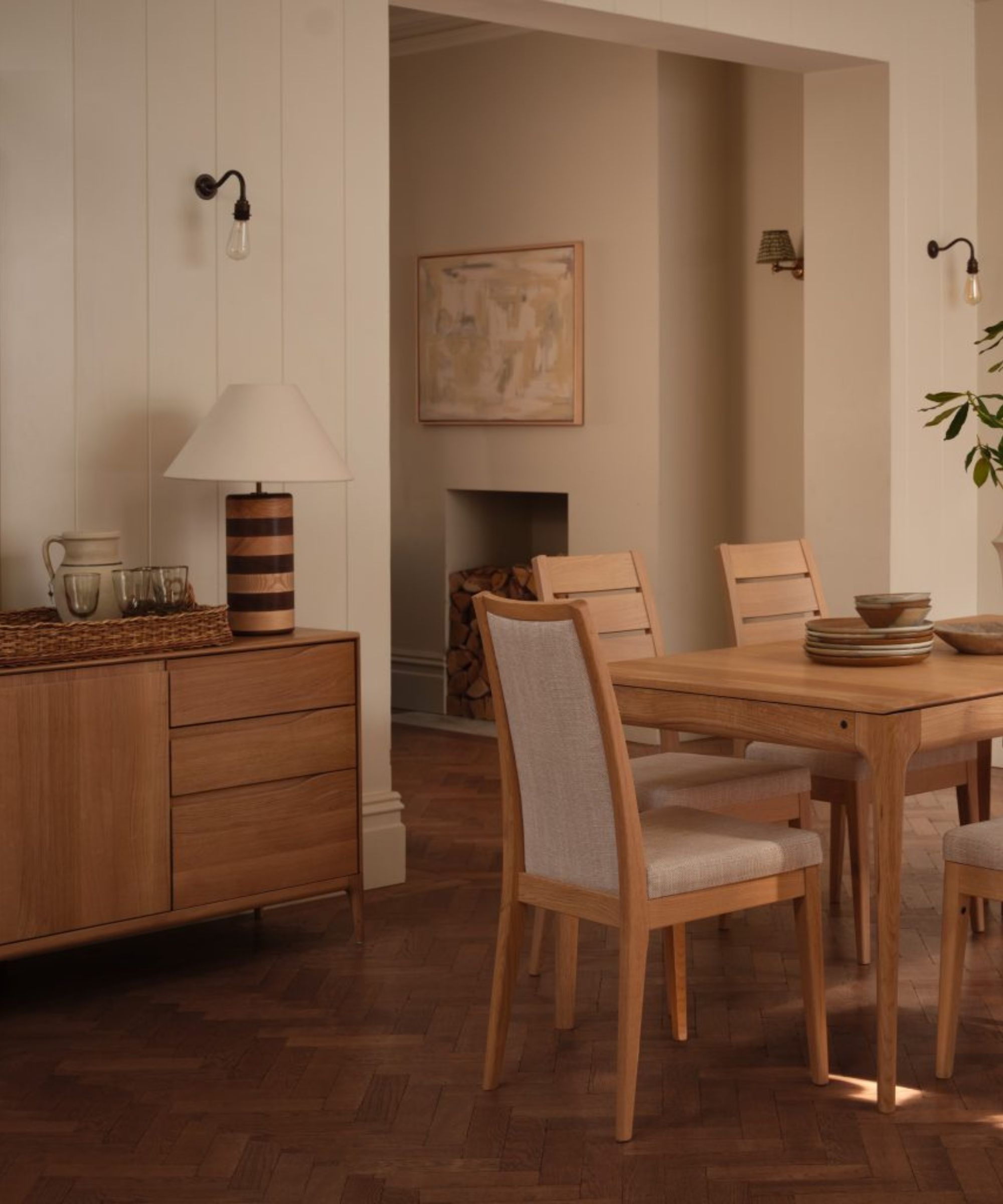
Several studies have shown that a clean house makes you happier. Don’t believe us? Amelie Saint-Jacques, KonMari consultant, expert home organizer, and owner of Amelie Organizes breaks it down for us.
She explains, ‘Studies have shown that people who live in cluttered homes often have elevated levels of the stress hormone cortisol, especially women. Having a tidy home can therefore help reduce stress levels.
'My clients often comment on this, too! One of them recently said that when she woke up every morning, her home felt heavy and that she wanted it to breathe more. And now that it does, she feels so much better – not just about her home, but about her life in general.
‘That is how most people feel when they live in a home surrounded by things that spark joy, instead of objects mindlessly accumulated. Our brains function better when we are in a peaceful environment.'
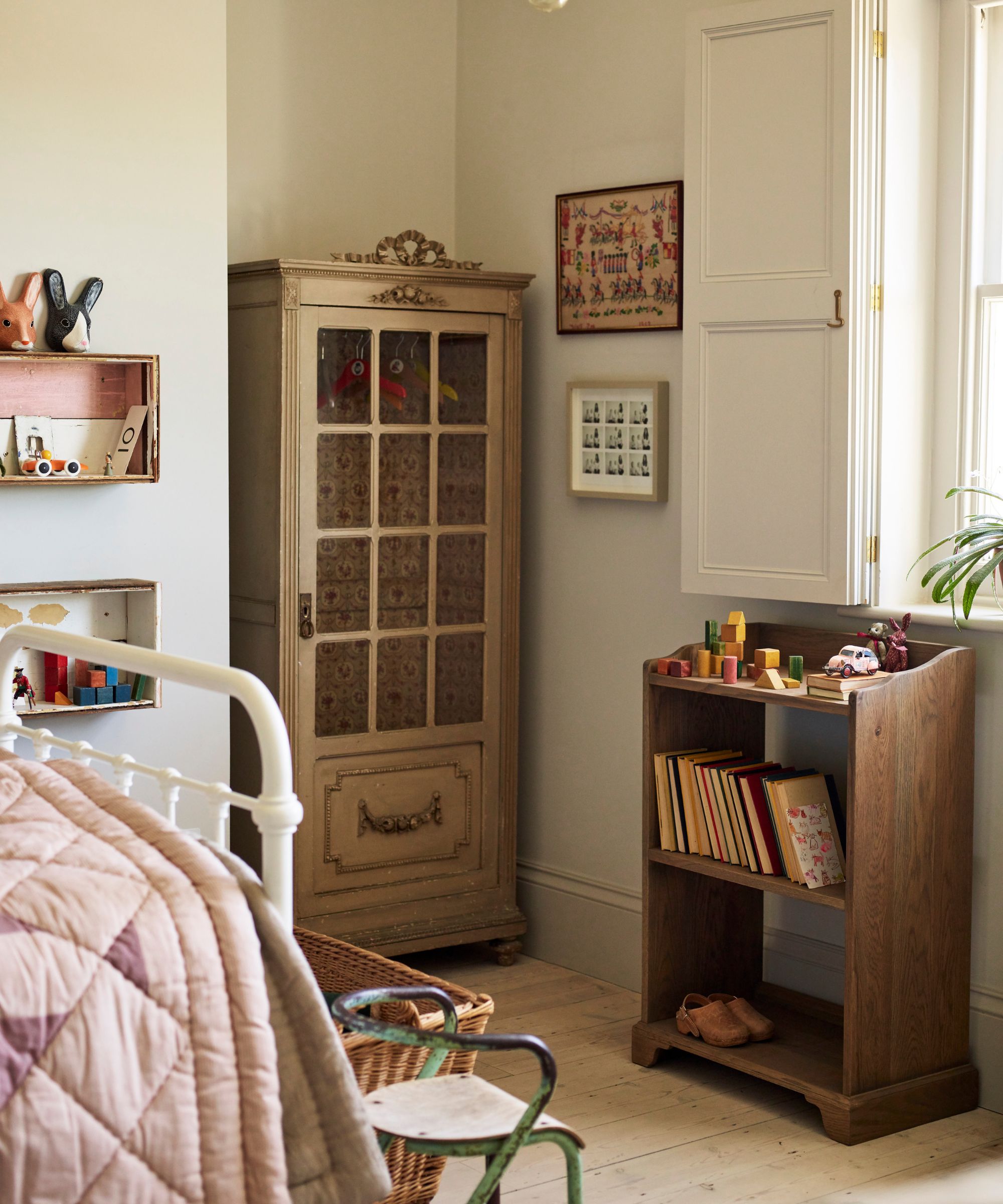
The mental benefits don’t stop at calming our racing thoughts, adds Elizabeth Lulu Miranda, home organizer and owner of Mercury Organizing. The act of decluttering and getting rid of items can help you build a better relationship with yourself.
She says, ‘A tidy home not only supports mental well-being, but also frees you to live a more intentional and fulfilling life. Trusting that you will find what you need when you need it, transforms your attitude towards the way you live in your home, fostering confidence, harmony, and connection.
‘Trusting yourself allows you to make decisions about what to keep, let go of, and organize without fear of mistakes. It empowers you to create a space that reflects your needs and values. Trusting others in your household [and encouraging family to declutter] builds collaboration and shared responsibility, making it easier to maintain a tidy, functional home. By trusting the process, you turn your home into a supportive sanctuary – one that promotes peace, balance, and happiness.’
If you are stuck on where to start decluttering, consider an approach such as the dopamine decluttering method to help organize your home with health and well-being in mind.
3. Better for your body
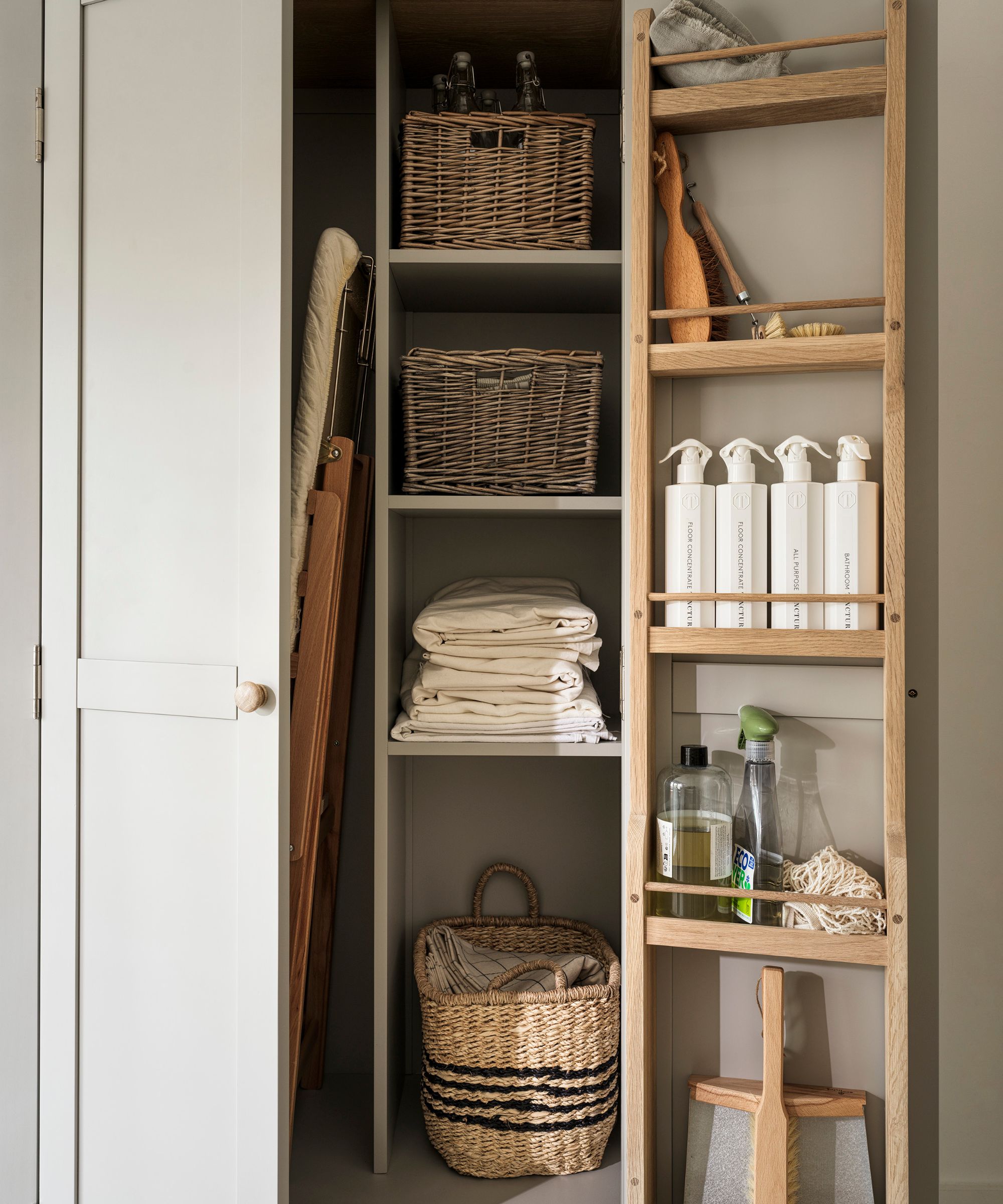
The physical effects of decluttering and tidying are some of the lesser-known health benefits of organizing your home, but are just as impactful as the mental effects.
These go hand in hand with cleaning tips, says Brenda Scott. ‘Cleaning is a breeze when you have clear floors and surfaces. A few special items that deserve to be displayed and shared could be gathered onto a tray or in a box so that you're moving one thing, not a dozen little things to clean under it.'
When cleaning is easier and faster, it also makes the home more hygienic because you can dust, vacuum, and wipe down all areas which helps to reduce allergens and bacteria.
Brenda adds, ‘Having a tidy home can also reduce the chance of a pest infestation or structural damage that may go unnoticed for months or years. Think about a basement that's so messy that you can't see that you have a family of mice scurrying around. Or that water has seeped inside and instead of repairing and cleaning up the problem quickly, it's now damaged the floor and walls with mold. The cost of repair has now skyrocketed! Mold left on surfaces will start to cause breathing issues, especially for anyone with asthma.’
Learn more about the habits that may be increasing the risk of mold in your home and the common places to check for mold.
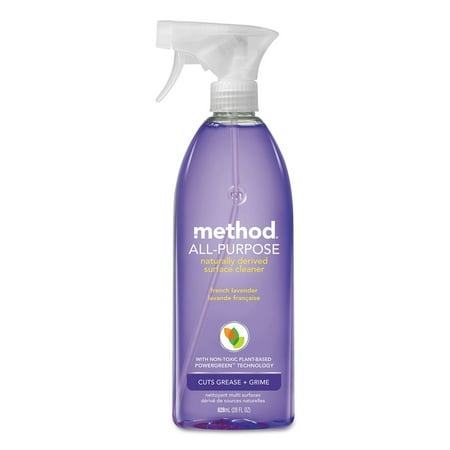
Method cleaning products are made with plant-based ingredients, making them a healthier choice for cleaning your home.
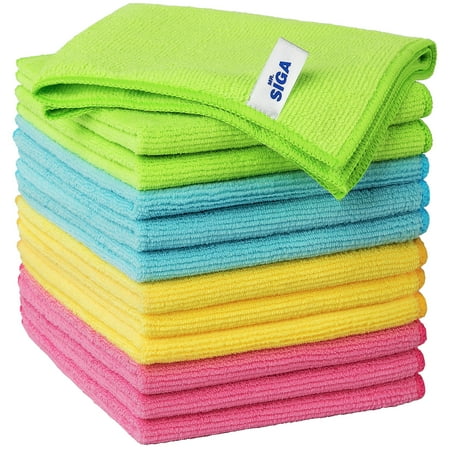
Microfiber cloths are far more sustainable than single use paper towels, and are able to collect and hold more dust and dirt when you're cleaning. Skip fabric softener when washing to help maintain its absorbency.
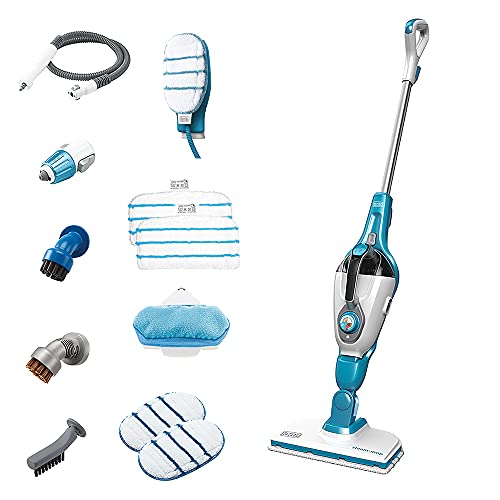
If you are serious about non-toxic home essentials to improve your health, the best steam cleaner is a worthy investment. This model has attachments to clean hard and soft floors, upholstery and clothing, ovens, tiles and grout.
Having a well-maintained space also makes your home easier to navigate, adds Amelie Saint-Jacques, especially if you or a member of your household is dealing with mobility or balance issues.
‘Having a tidy home can also be safer. I've had clients who were at risk of tripping or falling, so making sure to declutter and leaving walkways clear, as well as storing items in a functional way can help keep people safe.’
For example, avoid putting heavy boxes on top shelves, or the most used items on bottom shelves.
4. Better for your pocket
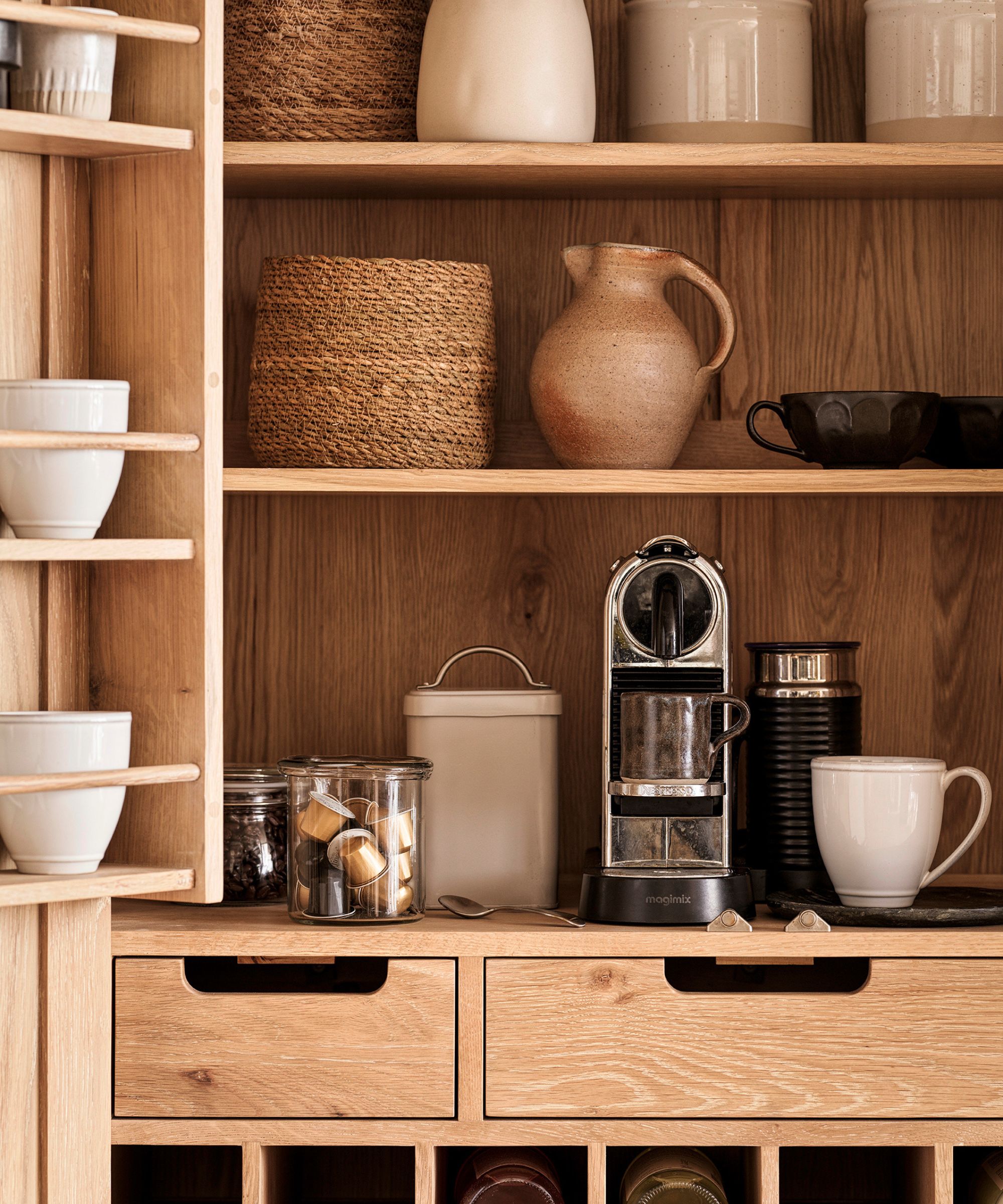
Saving money at home should be on all of our minds no matter what your financial situation. They might not seem related, but the tidier your home, the less likely it is you will splurge when shopping.
Brenda Scott explains, ‘A tidy home takes less money to maintain because you aren't buying duplicates. A tidy home allows you to know or find what you have, which will save you from buying items before you need them and reduce the chance of having to throw them away if they expire before you can consume them. This is especially true with food! Less waste = less money spent = less to control.
‘It's also better for the planet in regards to food waste, fast fashion or household items that tear, wear out or break easily, that get thrown out instead of used up,’ she adds.

Under-bed storage is a great way to hide essentials out of sight, but consider investing in bags with clear lids so you can keep tabs on your belongings more easily without having to dig through them.
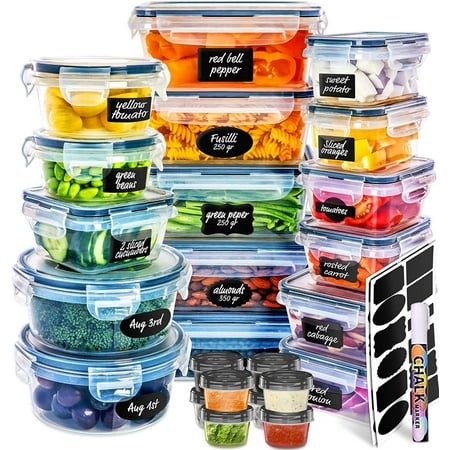
The same approach goes for food. Clear containers makes it easier to see what is in your fridge of pantry so that no food goes to waste or goes moldy without you spotting it.

This nifty stacked podium setup means you can access the bottom layers of goods without disturbing the top. The jars are air tight too. This set is available in a glass and stainless steel combo, too.
5. Brings your decor and design to life
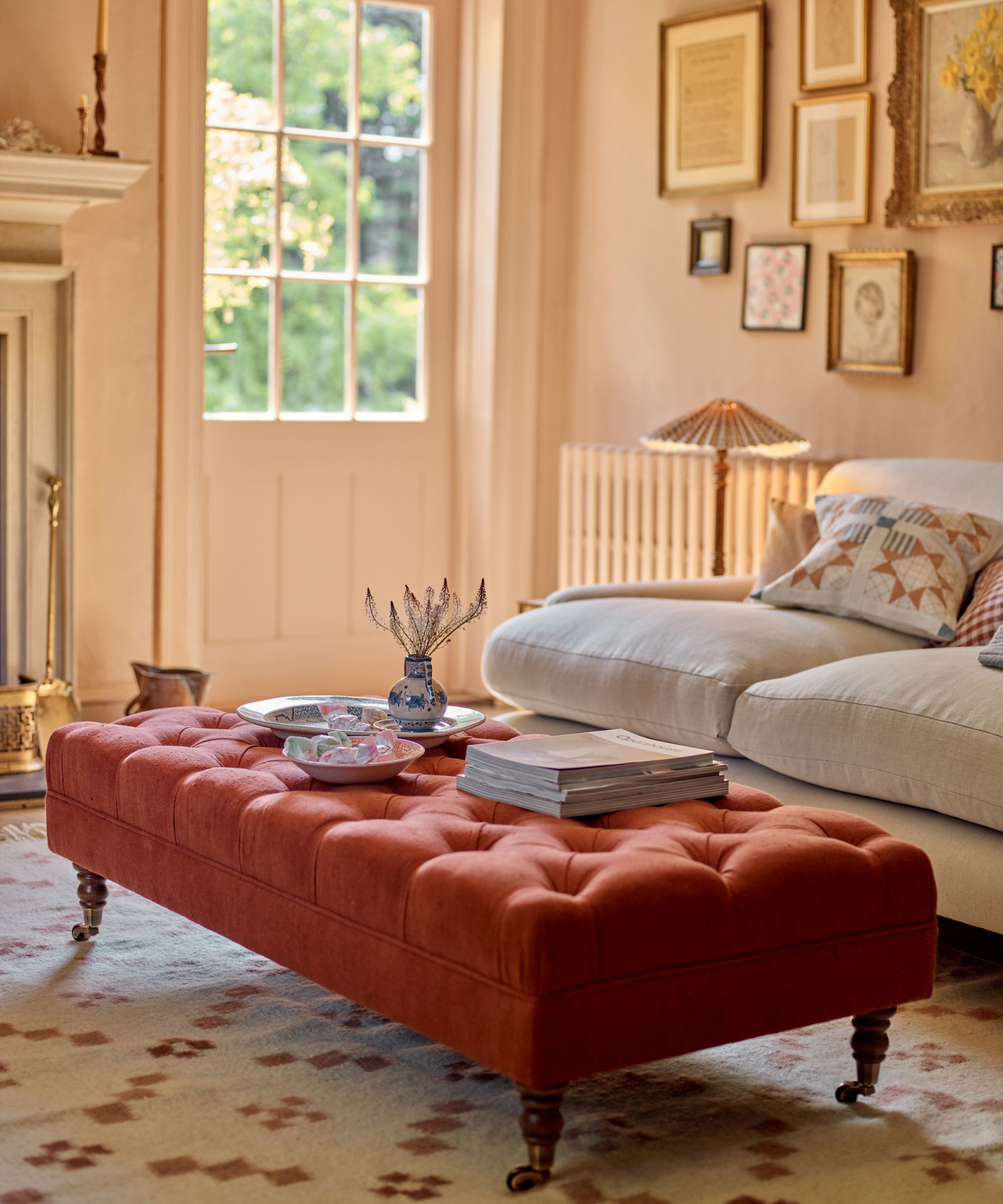
Tidiness isn’t just beneficial for the practical parts of your life (although it is certainly the key to a more laid-back lifestyle). A tidy, well-maintained space looks as good as it feels and can make a home look more expensive.
Hebe Hatton, head of interiors for Homes & Gardens shares, ‘I like a characterful home. My rooms are filled with pieces that mean something to me, photos and prints around mirror frames, mantles covered in vases and candle holders, books everywhere – even my kitchen countertops are an array of ceramics I have collected from holidays in Europe. So I am far from a minimalist.
'But what makes my rooms feel curated rather than overwhelmed with clutter is good organization. You can't have as much decor on show as I do and then also have clothes piled up, or a sea of shoes at the front door, it would quickly tip over from characterful to totally crazy.
‘In order for the beauty of my home to shine through, I need to be clever with my storage, keeping things I don't want to be seen such as clothes, coats, shoes, and even some kitchen appliances, out of sight but still easy to access.’
It is, by far, the best trick to make a home look better without spending.
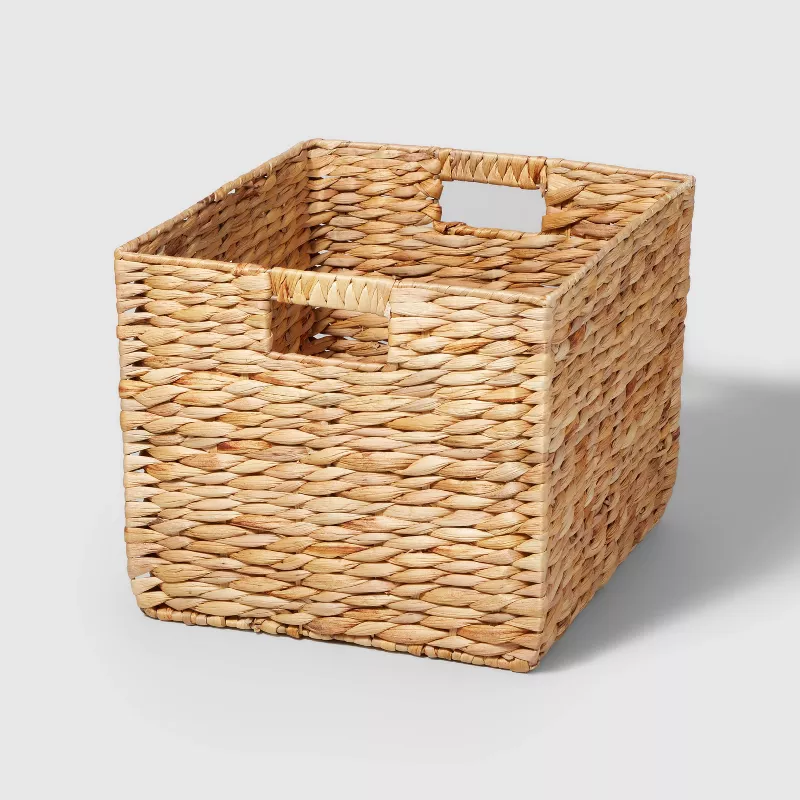 Three set sizes
Three set sizes
Storage doesn't have to stick out like a sore thumb. Beautiful woven baskets can help to keep everyday clutter concealed in plain sight while enhancing your decorating scheme.
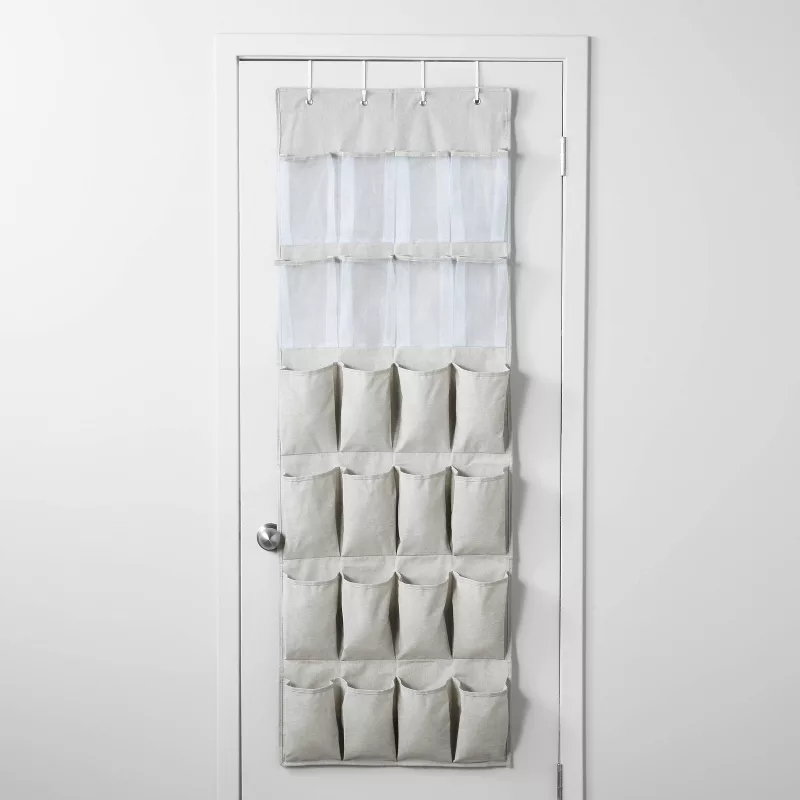 Holds 24 pairs
Holds 24 pairs
Keep your entryway or bedroom clear from clutter with an over the door organizer. This mesh one holds up to 24 pairs of shoes or accessories. It can also be used to organize cleaning products or craft supplies.
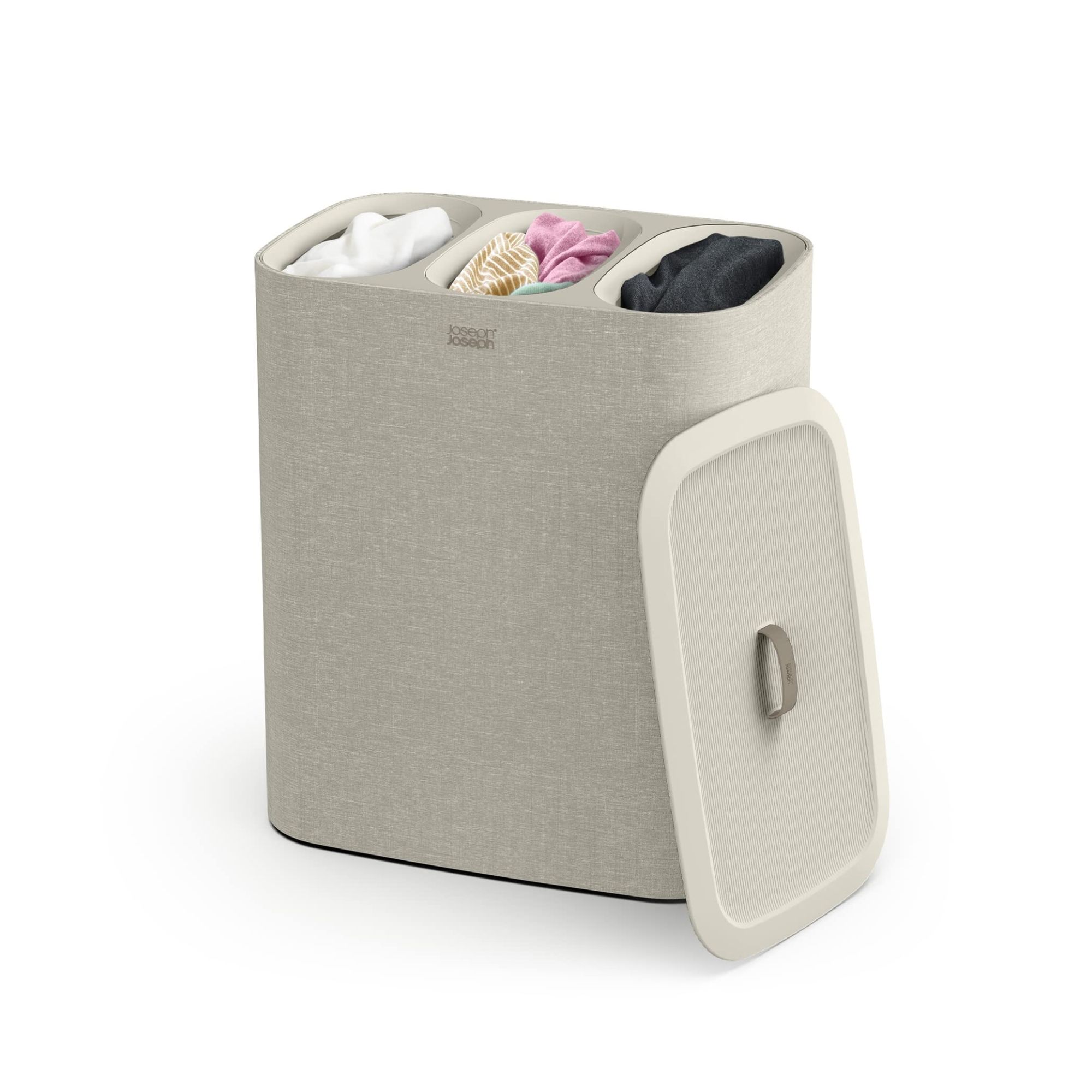
After testing it out for a month in her home, our head of solved Punteha van Terheyden fell in love with this laundry hamper. It banished the previous physical pain she was suffering when having to manually sort all washing on the ground or when reaching into the bottom of a basket.
FAQs
What makes it hard to keep a tidy home?
There are several reasons you can’t stay organized, which in turns makes it hard to maintain a tidy home.
Lauren Saltman, expert organizer and owner of Living. Simplified. explains, ‘Keeping a tidy home takes work initially. You'll have to spend time methodically going through your items, deciding what to keep, discard, recycle, donate, or sell. This process may take a few days or several months, depending on the number of items you have, and the size of your home. But with just 25 minutes a day, or more if you have the time, you will start to quickly see tangible changes.
‘Then the key is learning how to maintain your newly decluttered and organized home. Using a few techniques, such as following the one-in, one-out rule (if you buy something, like a new pair of sneakers, an old pair needs to leave your home, will help you maintain the equilibrium of items in your home that you've created). You can also follow the put it away, don't put it down rule to make sure new piles of stuff don't appear in your home.’
Keeping up with your daily, weekly, and monthly home organizing tasks can seem daunting at first, but we have rounded up the best ways to make your to-do list less overwhelming to help you get started.
Just be sure you don’t swing too far the other way and over-organize your home, making maintaining your space impossible.
Design expertise in your inbox – from inspiring decorating ideas and beautiful celebrity homes to practical gardening advice and shopping round-ups.

Chiana has been at Homes & Gardens for two years and is our resident 'queen' of non-toxic living. She spends most of her time producing content for the Solved section of the website, helping readers get the most out of their homes through clever decluttering, cleaning, and tidying tips. She was named one of Fixr's top home improvement journalists in 2024.
